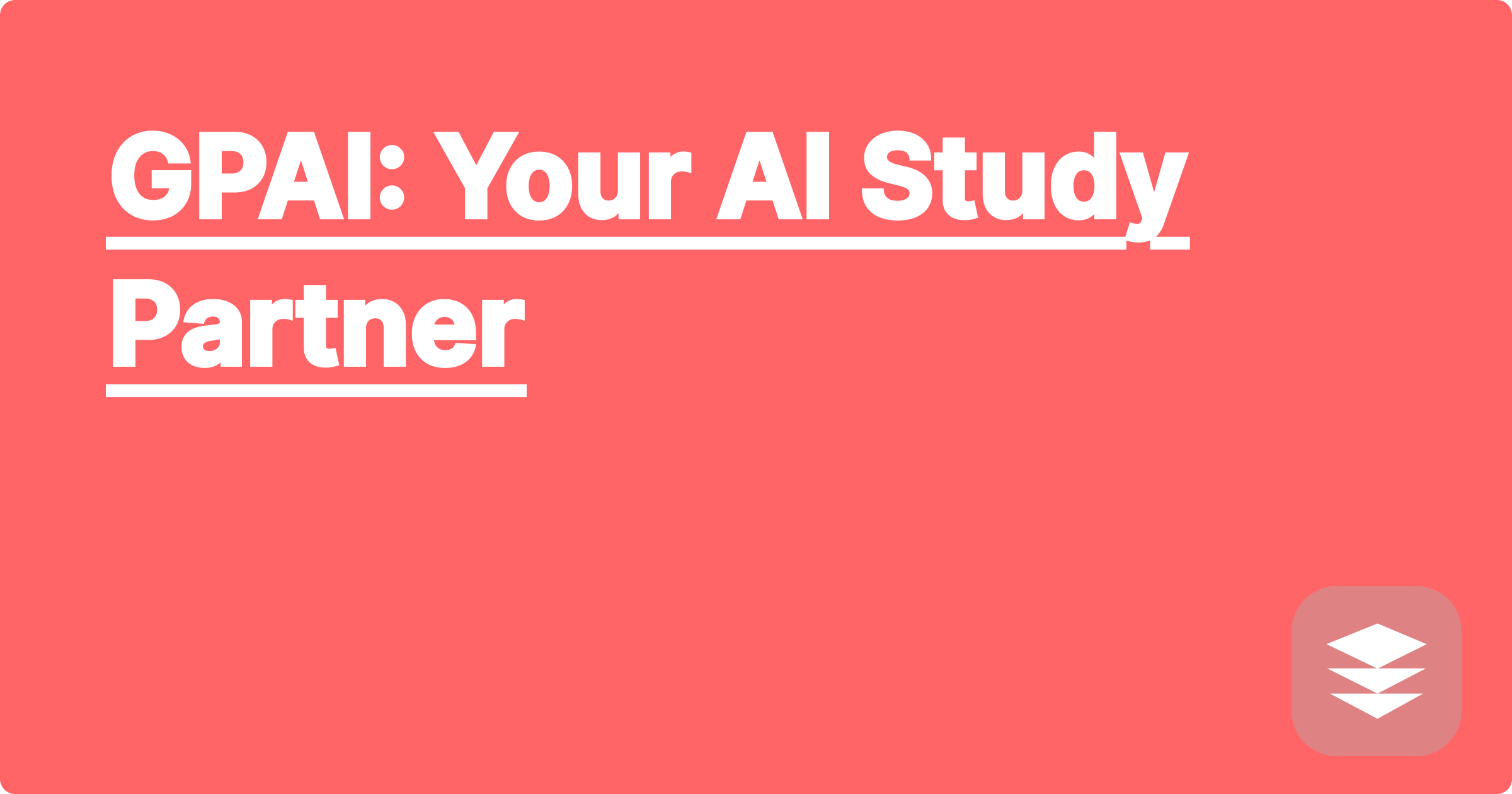
The ever-expanding landscape of STEM fields presents a formidable challenge for students and researchers alike. Grasping complex concepts, navigating intricate research methodologies, and managing the sheer volume of information can be overwhelming. Artificial intelligence offers a powerful set of tools to address these challenges, providing innovative solutions to enhance learning, streamline research, and boost overall productivity. AI can act as a personalized tutor, a research assistant, and a powerful analytical tool, empowering STEM individuals to reach their full potential.
This is particularly relevant for STEM students and researchers striving for academic excellence. In today's competitive academic environment, efficiently acquiring knowledge and conducting cutting-edge research is paramount. Leveraging AI can significantly improve comprehension, accelerate research progress, and ultimately contribute to academic success. This blog post explores how AI, specifically tools like ChatGPT, Claude, and Wolfram Alpha, can be integrated into STEM workflows to become your ultimate AI study partner.
STEM fields are characterized by their reliance on complex problem-solving, requiring a deep understanding of fundamental principles and the ability to apply them to novel situations. This often involves grappling with intricate mathematical equations, deciphering complex scientific literature, and designing sophisticated experiments. Traditional learning methods can sometimes struggle to keep pace with the evolving demands of these fields. Students often find themselves overwhelmed by the sheer volume of information and the abstract nature of many concepts. Researchers, on the other hand, face the challenge of staying abreast of the latest advancements in their field while simultaneously conducting their own original research. This requires efficient information gathering, data analysis, and interpretation, tasks that can be significantly time-consuming and resource-intensive.
AI-powered tools offer a transformative approach to tackling these challenges. Large language models like ChatGPT and Claude can be leveraged for a variety of tasks, from summarizing complex research papers to generating practice problems and explaining difficult concepts. These tools can provide personalized explanations, tailored to individual learning styles, and offer instant feedback, fostering a deeper understanding of the material. Wolfram Alpha, a computational knowledge engine, excels at performing complex calculations, providing step-by-step solutions, and visualizing mathematical concepts. By integrating these AI tools into their workflows, STEM students and researchers can significantly enhance their learning and research capabilities.
Begin by identifying the specific challenge you're facing. Are you struggling to understand a particular concept in your textbook? Are you having difficulty formulating a research hypothesis? Once you've pinpointed the problem, select the appropriate AI tool. For conceptual understanding and literature review, ChatGPT or Claude are excellent choices. For complex calculations and data analysis, Wolfram Alpha is a powerful resource. Next, formulate your query or prompt in a clear and concise manner. For example, if you're using ChatGPT to understand a concept, you might ask it to "Explain the concept of quantum entanglement in simple terms." If you're using Wolfram Alpha to solve an equation, you can simply input the equation directly. Finally, critically evaluate the output provided by the AI tool. Remember that these tools are designed to assist, not replace, human understanding. Always verify the information provided and consult with your professors or mentors when necessary.
Consider a student struggling to understand the concept of eigenvalues and eigenvectors in linear algebra. They could use Wolfram Alpha to input a matrix and receive not only the eigenvalues and eigenvectors but also a visual representation of the transformation. A researcher investigating the properties of a specific material could use ChatGPT to summarize recent research papers on the topic, quickly gaining an overview of the current state of knowledge. Furthermore, AI can be used to generate code snippets for specific tasks. For instance, a student learning Python could ask ChatGPT to "Write a Python function that calculates the factorial of a number." The AI would then generate the code, which the student could then analyze, modify, and execute.
To maximize the benefits of AI in STEM education and research, incorporate these tools into your daily workflow. Use ChatGPT or Claude to summarize lecture notes, generate practice questions, or explain complex concepts. Utilize Wolfram Alpha for quick calculations, data visualization, and exploring mathematical concepts. Don't be afraid to experiment with different prompts and queries to discover the most effective ways to use these tools. Remember that AI is a powerful tool, but it's most effective when used in conjunction with traditional learning and research methods. Always prioritize critical thinking and verify the information provided by AI tools.
In conclusion, AI tools like ChatGPT, Claude, and Wolfram Alpha offer a powerful suite of capabilities for STEM students and researchers. By understanding how to effectively leverage these tools, individuals can enhance their learning, streamline their research, and ultimately achieve greater academic success. Start exploring these AI tools today and discover how they can transform your STEM journey. Embrace the power of AI and unlock your full academic potential. The future of learning and research is here, and it's powered by AI.
AI Lab Assistant: Boost Efficiency
AI Math Tutor: Solve Any Problem
AI Research Tool: Data Insights